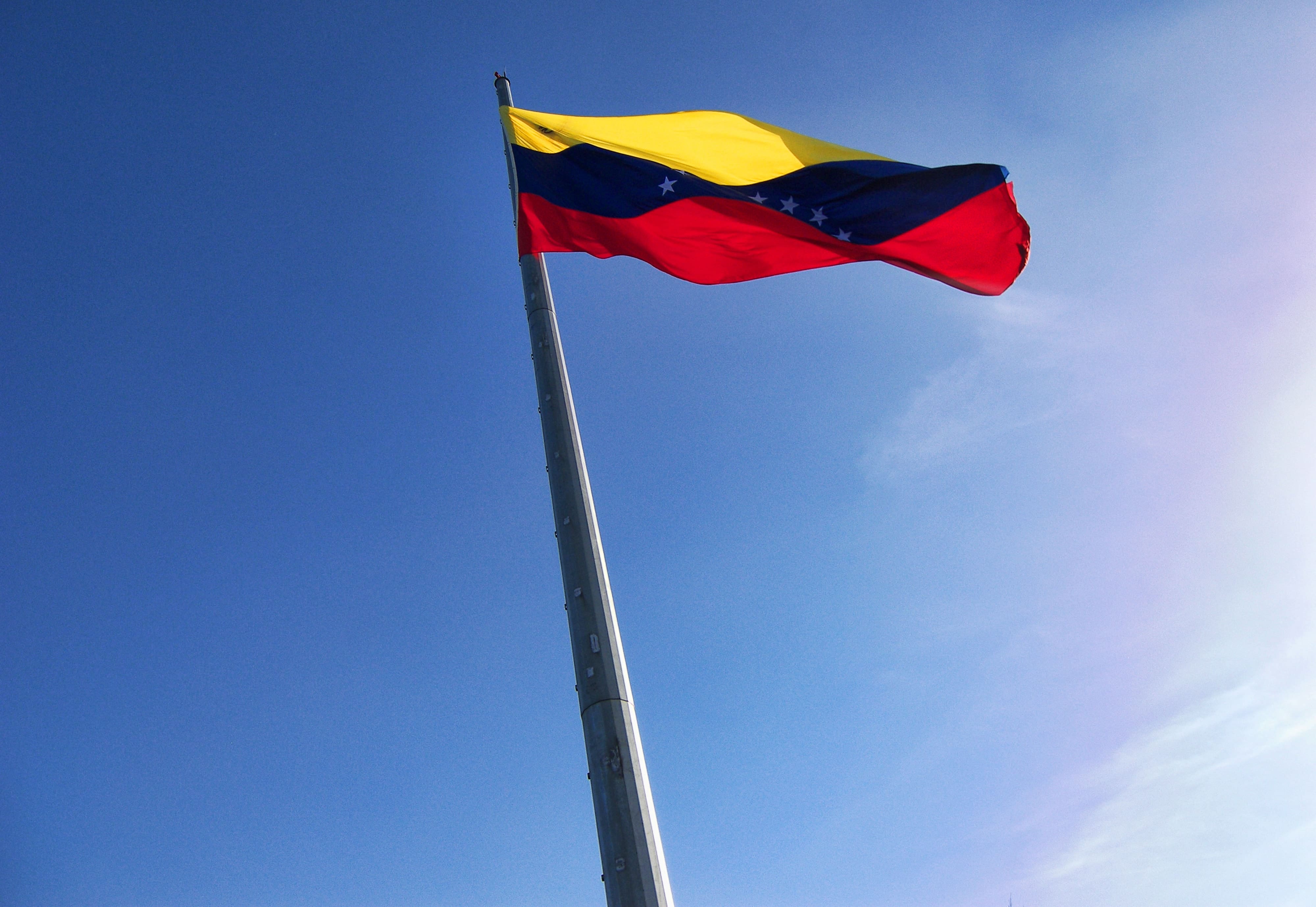When was the last time you saw a positive news story come out of Venezuela? Probably has been a while. Any organization with ties to the country needs to be aware of the increasingly severe sanctions being imposed on the country by the federal and state governments.
The deteriorating economic, political, and human right situation in Venezuela has caused enormous hardship for its people. The country has been engulfed by rampant crime, soaring hyper-inflation, inadequate access to food and medicine, and virtually non-existent government services as a result of corruption and mismanagement by the Venezuelan government, which has pursued authoritarian methods to retain power.[i] In response to the tragedy, the United States federal government and numerous states are imposing more and more sanctions upon the Venezuelan government and on organizations and people associated with it.
President Obama signed the “Venezuela Defense of Human Rights and Civil Society Act of 2014” which authorized the United States to impose sanctions upon individuals associated with the Venezuelan government responsible for human rights abuses[ii]. Under this act the Obama administration issued Executive Order 13692, which further expanded the act to target individuals involved with the persecution of political prisoners, suppressing press freedom, violent actions committed against anti-government protestors, and with serious corruption. Numerous current and former government officials have been sanctioned, which include prohibiting them from entering the United States and freezing any assets within the United States.[iii]
President Trump has also imposed sanctions upon the Venezuelan government, but is not limiting them to just individuals. The Trump administration issued Executive Order 13808 which specifically targeted Venezuela’s access to the financial system. The order prohibits transactions relating to certain new debt issued by the state-owned oil producer, new and existing types of bonds and securities issued by the Venezuelan government, and dividend payments from entities owned by the Venezuelan government.[iv] In March 2018 the Trump administration issued Executive Order 13827 which prohibited the use of the “petro”, a crypto-currency issued by the Venezuelan government to help circumvent the sanctions already imposed on the country.[v] Executive Order 13692 has also been extensively utilized by the Trump administration. Right before the May 20th presidential elections, which many have criticized as being “rigged”, sanctions were imposed upon Diosdado Cabello Rondón, the first vice president of Nicolas Maduro’s political party, and his “corruption network” including three companies owned and or controlled in Florida and blocked several properties in Florida and New York tied to the network.[vi] The President has indicated that more sanctions could be imposed in the future.
Even the states are imposing their own sanctions. Florida Governor Rick Scott signed into law a prohibition on state agencies and pension plan from investing in companies that conduct business with the Venezuelan government in violation of federal law.[vii] The bill passed the Florida legislature unanimously. In Connecticut, House Bill 5269 proposed granting the State Treasurer the ability to divest Connecticut public funds from companies doing business in Venezuela based on certain factors and required the divestment from any assets tied to the Venezuelan government. The bill passed the Connecticut House of Representatives overwhelmingly but was not taken on by the Connecticut Senate before the end of the legislative session.[viii] As news stories of the crisis become more common, other states and local governments could also introduce similar bills restricting the use of public funds.
Companies seeking to do business with in Venezuela need to be aware of these sanctions. Be extremely cautious doing business of any kind directly with the government, as one could expect scrutiny and the watchful eye of US regulators. This includes government owned entities like the main oil company Petróleos de Venezuela, S.A. One should also be careful dealing with US based organizations with ties to the Venezuelan government as it may also feel the impact of sanctions. In addition, always verify that the individuals you are dealing with have not been sanctioned or have ties to the Venezuelan government, as you run the risk of being accused of assisting those individuals violate US law. Finally, be very cautious in purchasing any kind of bond or security from a Venezuelan entity, as it might run afoul with previously mentioned sanctions.
___________________
[i] https://www.washingtonpost.com/world/the_americas/blackouts-hyperinflation-hunger-maduro-faces-reelection-as-venezuela-deteriorates/2018/05/16/2ec5bb60-56f5-11e8-9889-07bcc1327f4b_story.html?utm_term=.55874a195d13
[ii] https://www.congress.gov/bill/113th-congress/senate-bill/2142
[iii] https://www.state.gov/e/eb/tfs/spi/venezuela/
[iv] https://www.state.gov/e/eb/tfs/spi/venezuela/
[v] https://www.state.gov/e/eb/tfs/spi/venezuela/
[vi] https://home.treasury.gov/news/press-releases/sm0389
[vii] https://www.usnews.com/news/best-states/florida/articles/2018-03-28/florida-law-targets-venezuela-but-will-have-limited-impact
[viii] https://www.cga.ct.gov/asp/cgabillstatus/cgabillstatus.asp?selBillType=Bill&bill_num=HB-5269



 Luis Valdez-Jimenez currently works for a major Aerospace & Defense company where he has gained extensive experience in the fields of supply chain, contracts, and compliance. Previously he graduated with his Juris Doctor and Master of Business Administration from the University of Wisconsin-Madison and his Bachelor of Arts in Political Science from Florida International University. He is of Venezuelan heritage and regularly monitors the current situation in the country.
Luis Valdez-Jimenez currently works for a major Aerospace & Defense company where he has gained extensive experience in the fields of supply chain, contracts, and compliance. Previously he graduated with his Juris Doctor and Master of Business Administration from the University of Wisconsin-Madison and his Bachelor of Arts in Political Science from Florida International University. He is of Venezuelan heritage and regularly monitors the current situation in the country.







